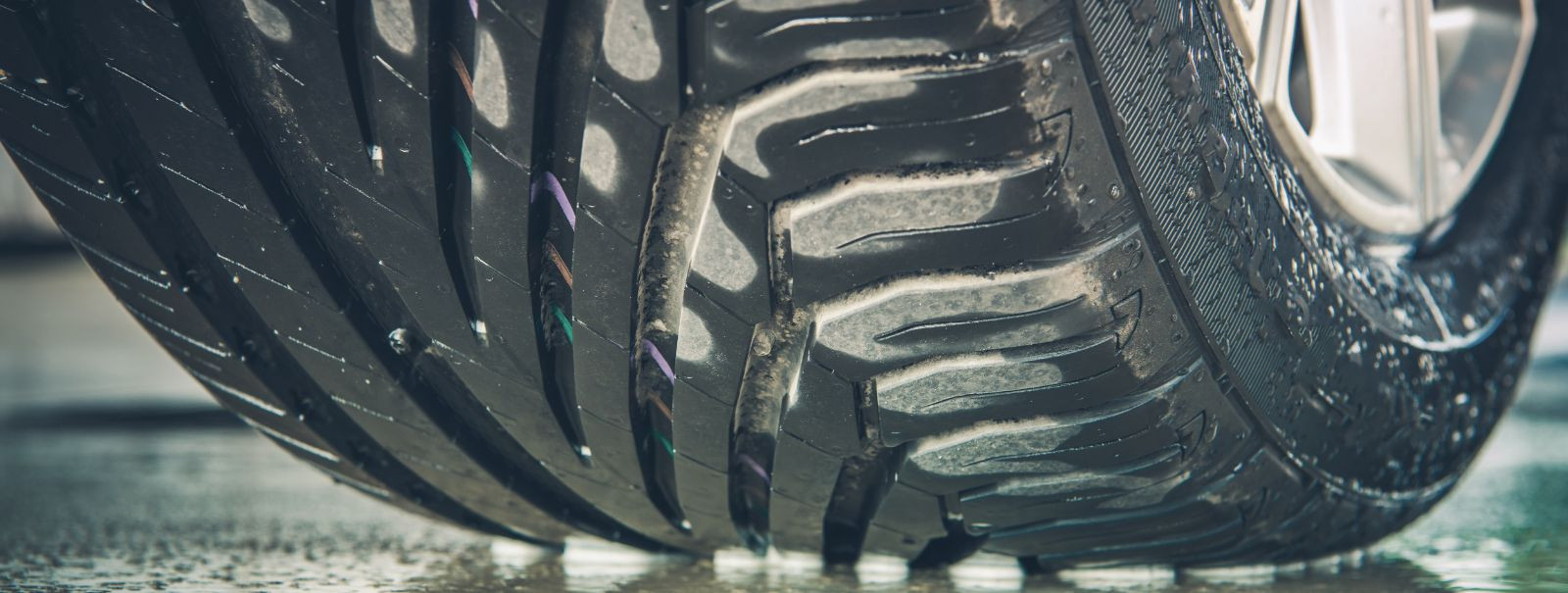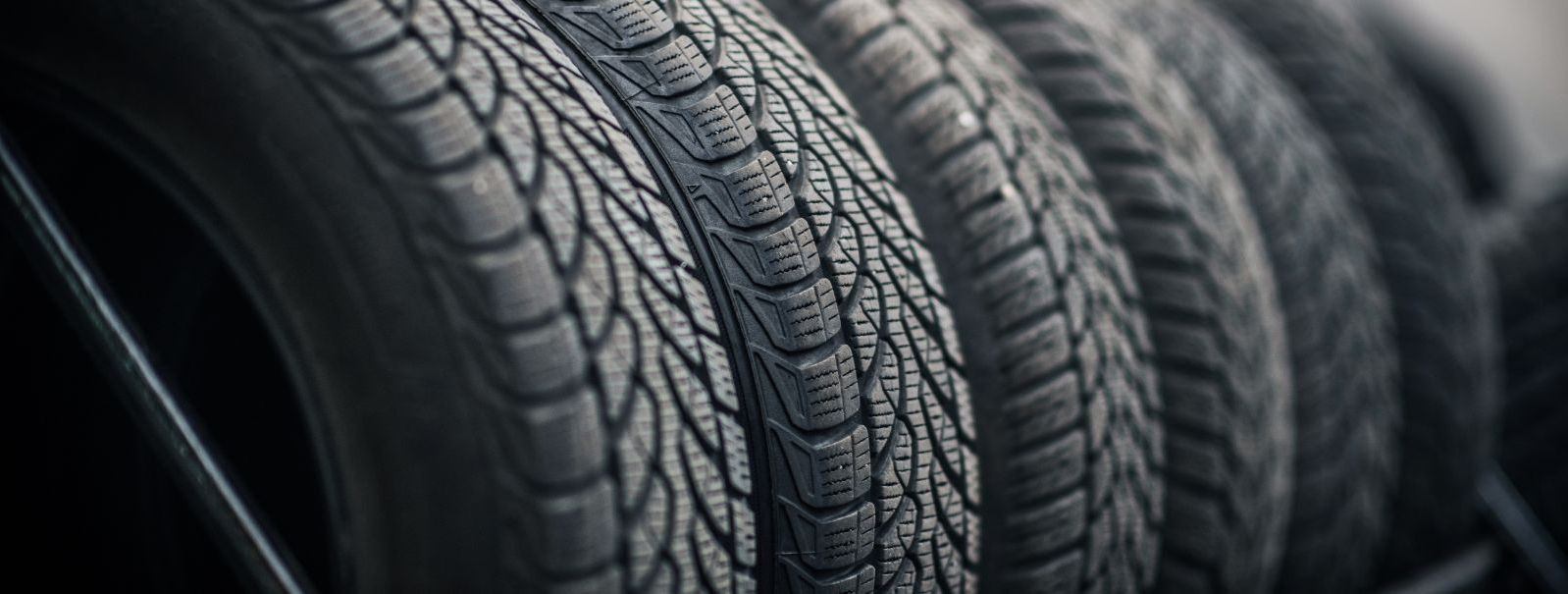How can the use of puncture-resistant tire solutions increase work efficiency and safety?
Puncture-proofing your vehicles is a critical step in ensuring operational efficiency, safety, and cost savings. Tire punctures can lead to significant downtime, pose safety risks, and result in expensive repairs and replacements. By adopting puncture-proof technologies, businesses and professionals in the construction, transportation, agriculture, and industrial sectors can protect their vehicles from the common hazards of tire damage.
Tire punctures are not just inconvenient; they can be dangerous and costly. Understanding the frequency, causes, and consequences of tire punctures is essential for decision-makers to prioritize puncture-proofing measures.
Types of Puncture-Proof Solutions
Self-sealing tires contain a layer of sealant within the tire that can automatically seal small punctures, preventing air loss and allowing vehicles to continue operating without interruption.
Run-flat tires are designed to maintain their shape and continue to perform for a short period even after being punctured, providing drivers with enough time to safely reach a service location.
Aftermarket tire sealants can be injected into tires to repair and prevent punctures, offering a cost-effective puncture-proofing option for various vehicle types.
Tire liners are strips of hardened material that sit between the tire and the inner tube (or the tire itself in tubeless tires), providing an additional barrier against punctures.
Airless tires, also known as non-pneumatic tires, are solid or use alternative structures to traditional air-filled tires, eliminating the risk of punctures altogether.
Implementing Puncture-Proof Technologies
When selecting a puncture-proof solution, it's important to consider the specific needs of your vehicles, the operating environment, and the balance between upfront costs and long-term benefits.
Proper installation and regular maintenance are key to maximizing the effectiveness and lifespan of puncture-proof solutions. This includes regular inspections, proper tire pressure management, and adherence to manufacturer guidelines.
Conducting a cost-benefit analysis can help businesses understand the potential savings from reduced downtime, lower maintenance costs, and extended tire life, justifying the investment in puncture-proof technologies.
Advanced Puncture-Proofing Innovations
Smart tire monitoring systems use sensors to provide real-time data on tire health, alerting operators to potential issues before they result in punctures or other tire failures.
The tire industry is continuously innovating, with new materials and designs that promise even greater puncture resistance and durability for the future.
Industry-Specific Considerations
For construction and heavy-duty applications, puncture-proof solutions must withstand harsh conditions and heavy loads, making certain technologies more suitable than others.
Transportation and fleet management companies require puncture-proof solutions that can improve uptime and reduce the frequency of tire-related incidents across their vehicle fleets.
Agricultural and off-road vehicles often operate in environments with a high risk of tire damage, necessitating robust puncture-proof solutions that can handle rough terrain.
Industrial and material handling equipment, such as forklifts and warehouse vehicles, benefit from puncture-proof technologies that can prevent operational disruptions in a busy work setting.
Looking to enhance your vehicle's durability and reduce downtime? Contact EMR GROUP OÜ for top-tier puncture-proofing solutions tailored to your industry needs.






Kommentaarid (0)